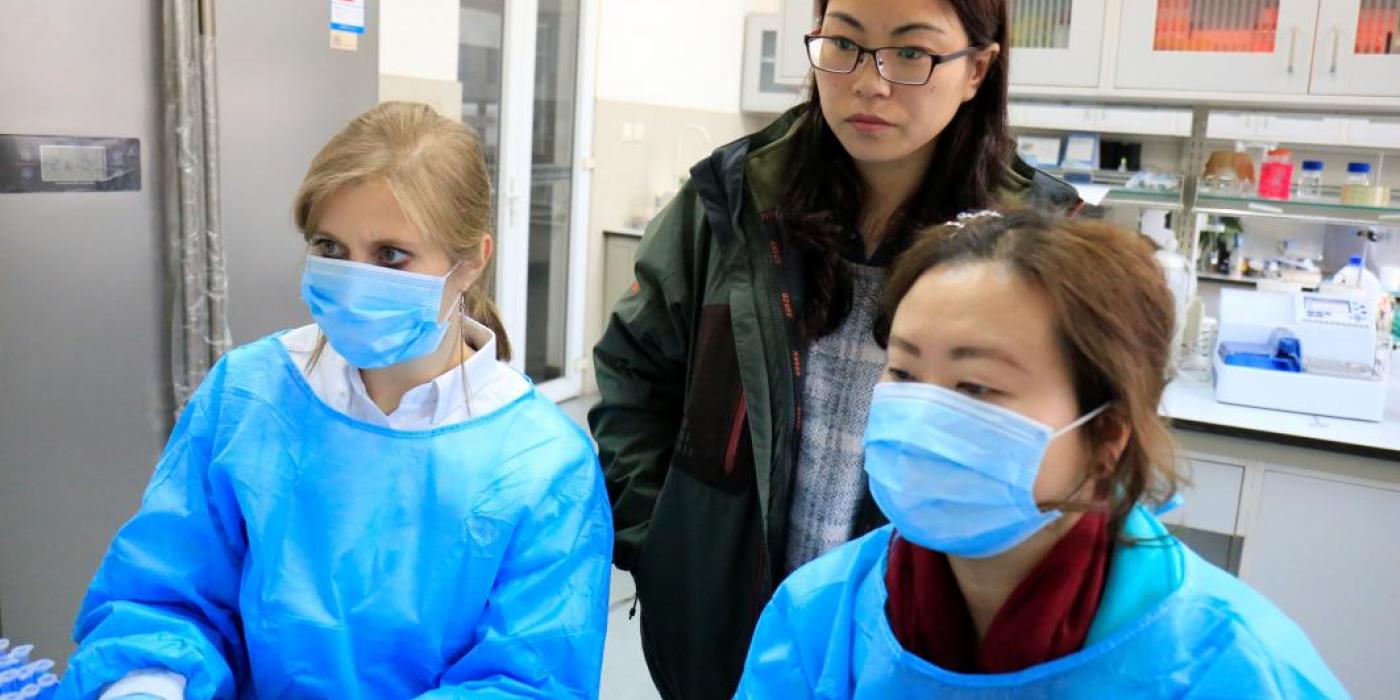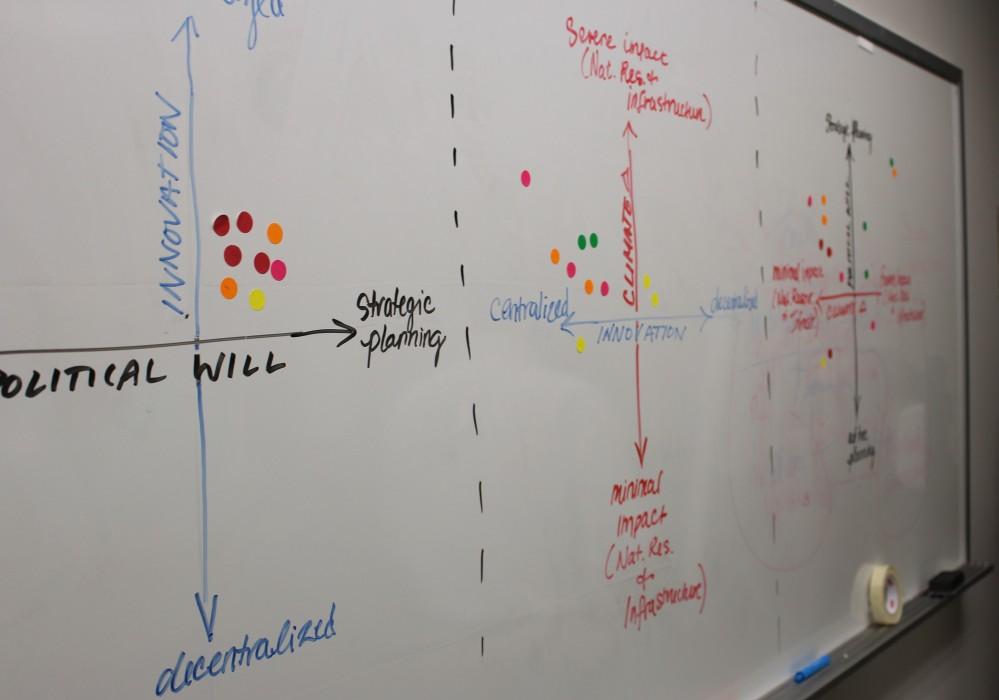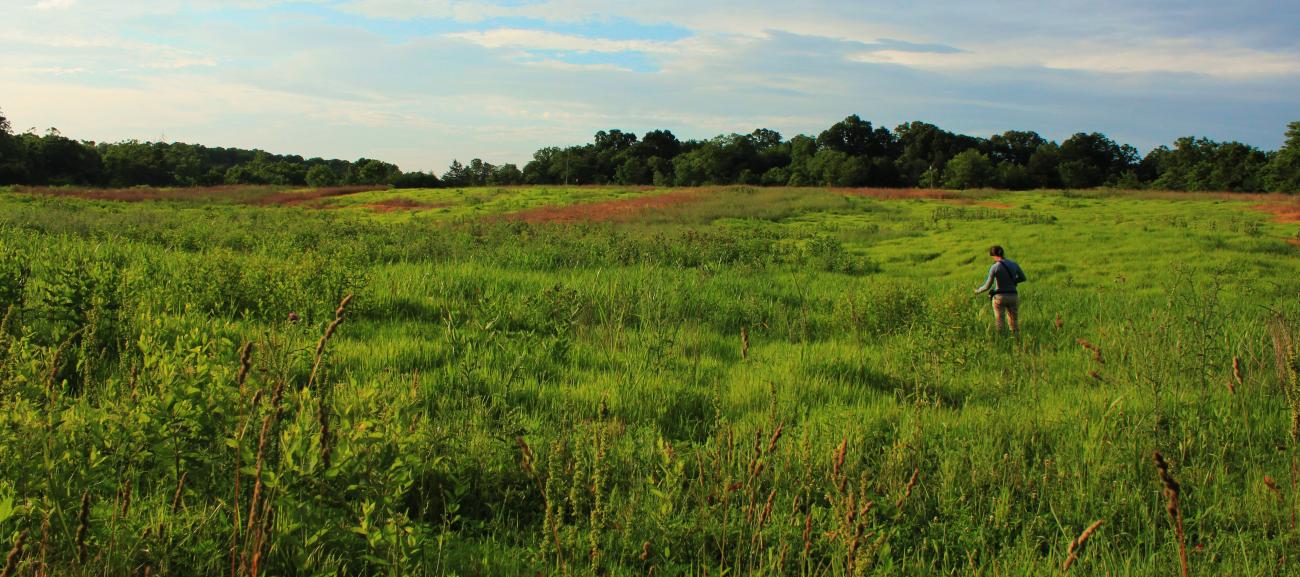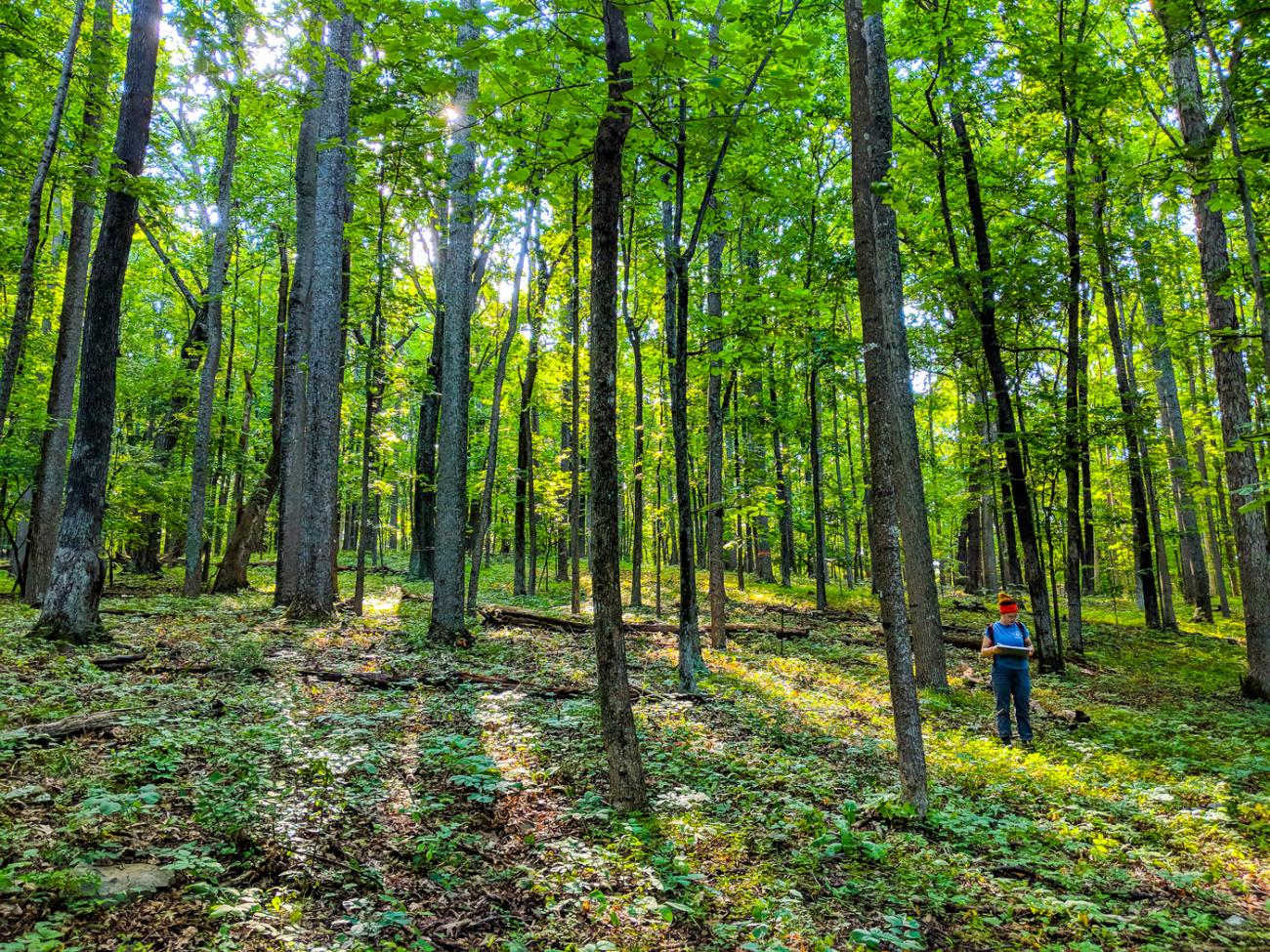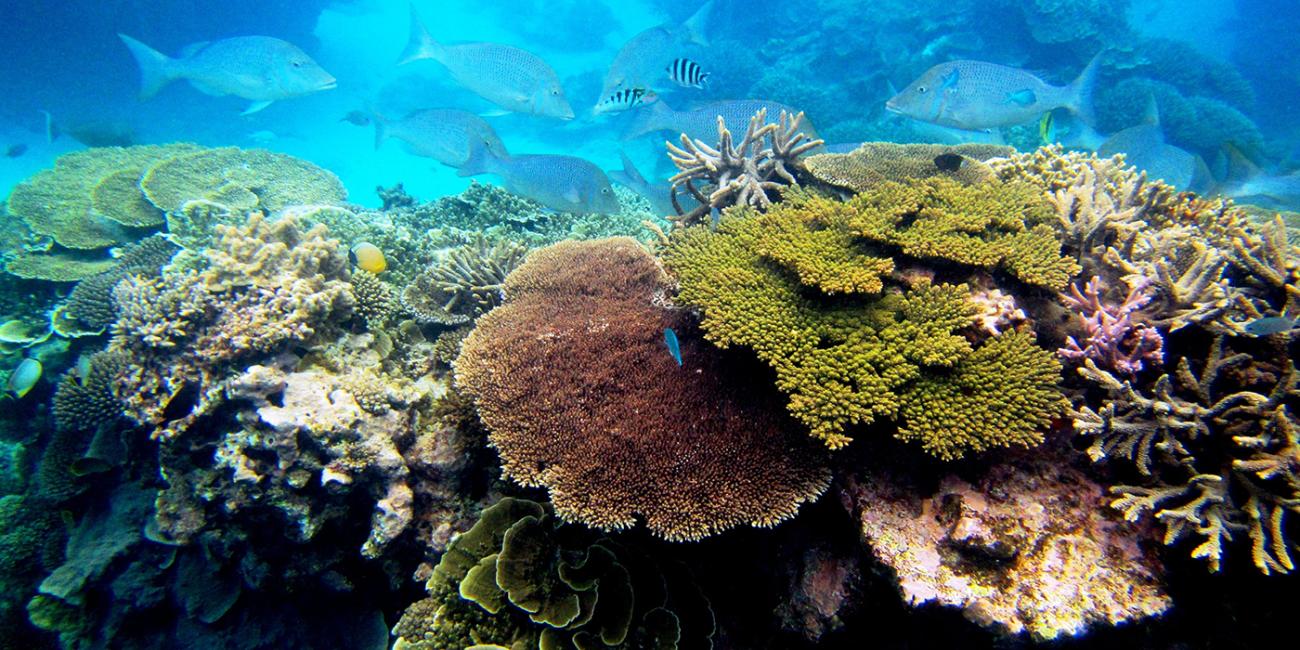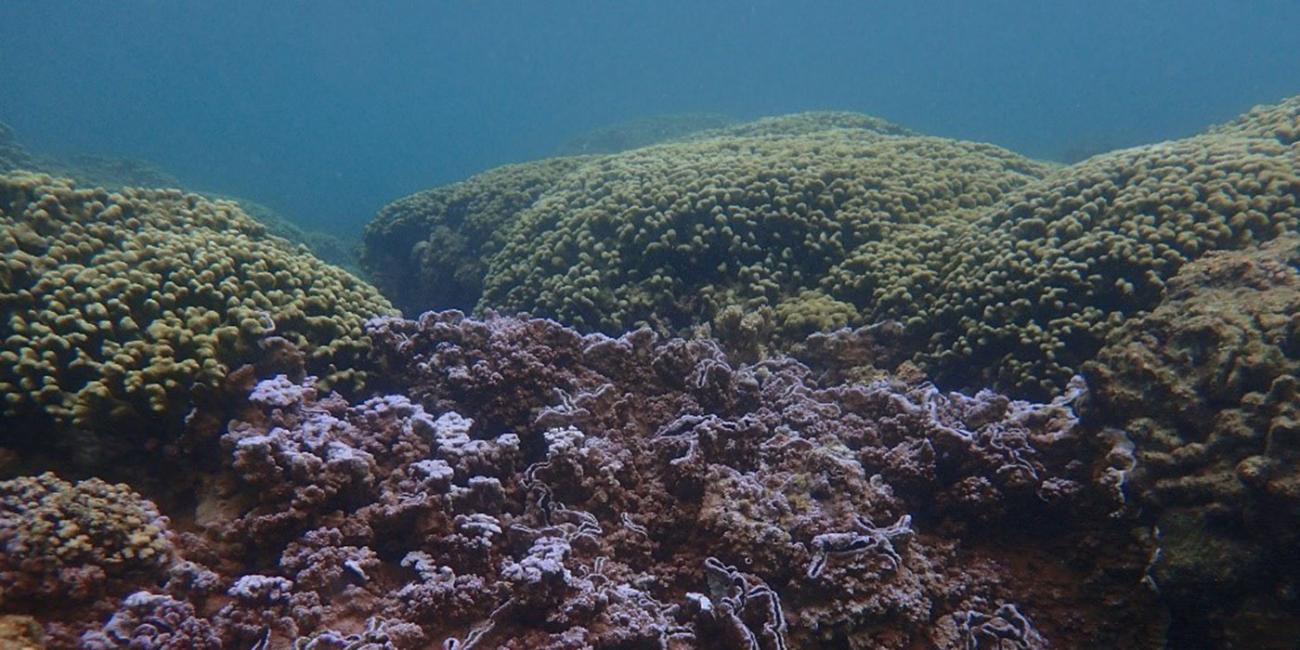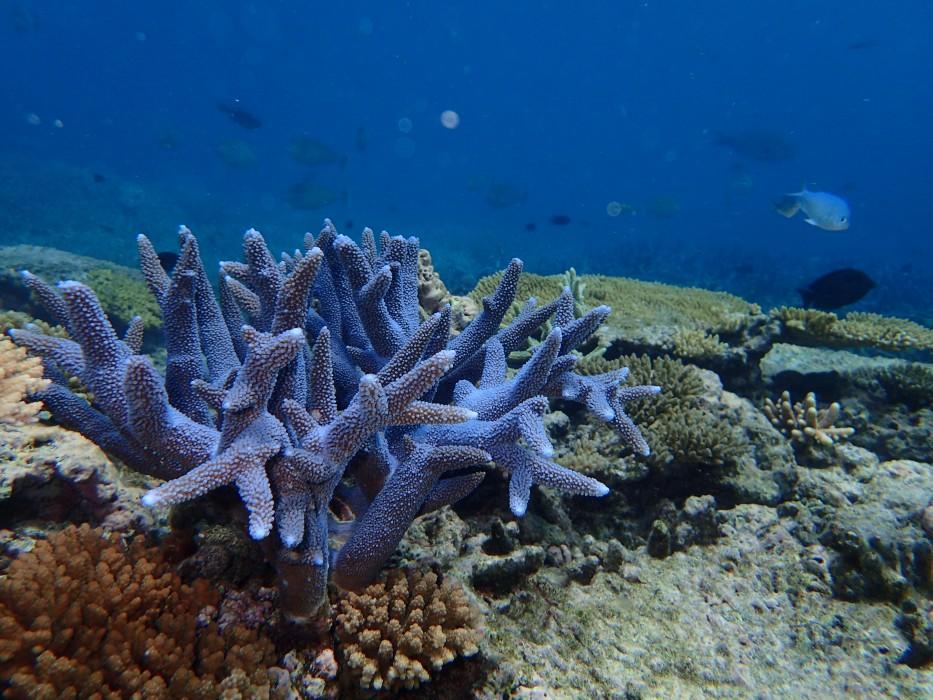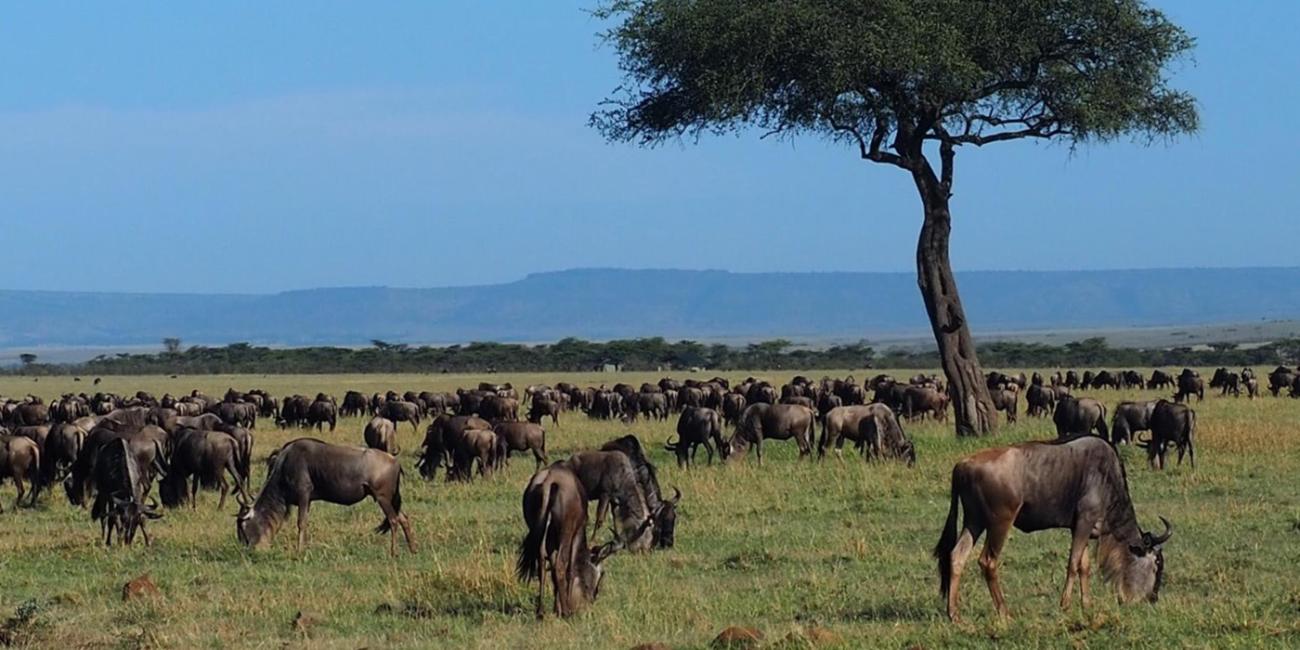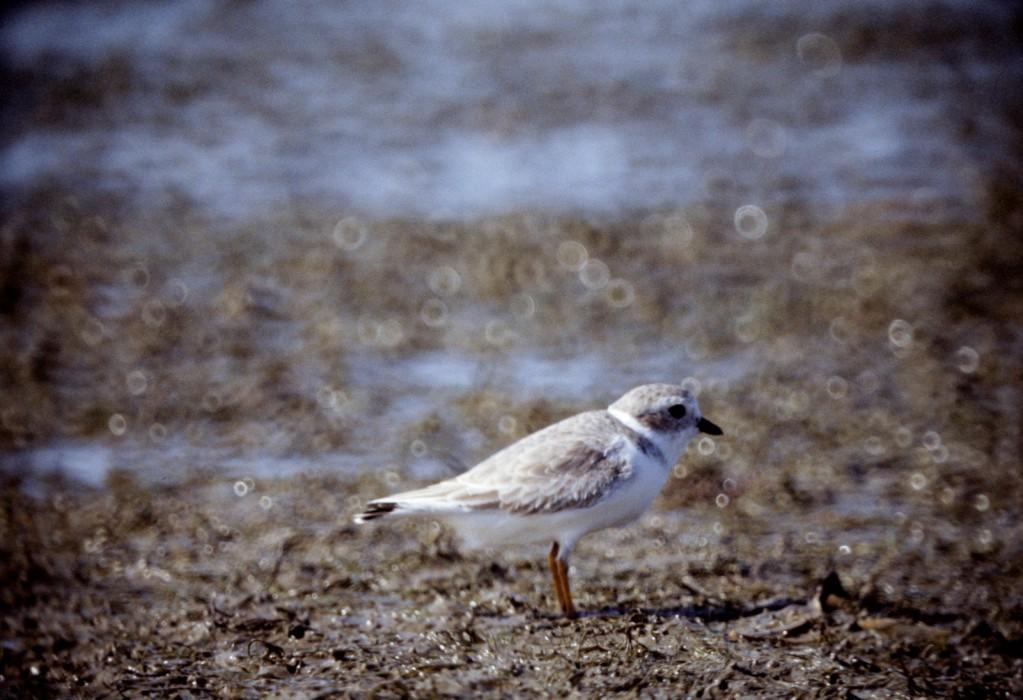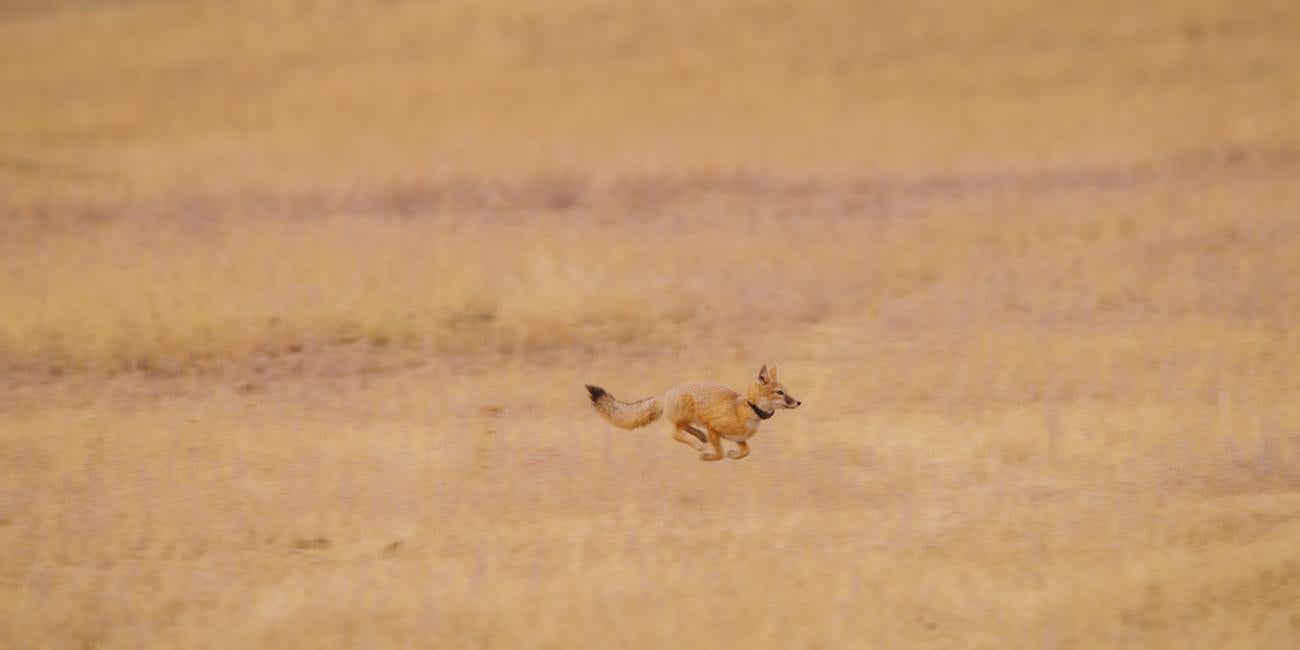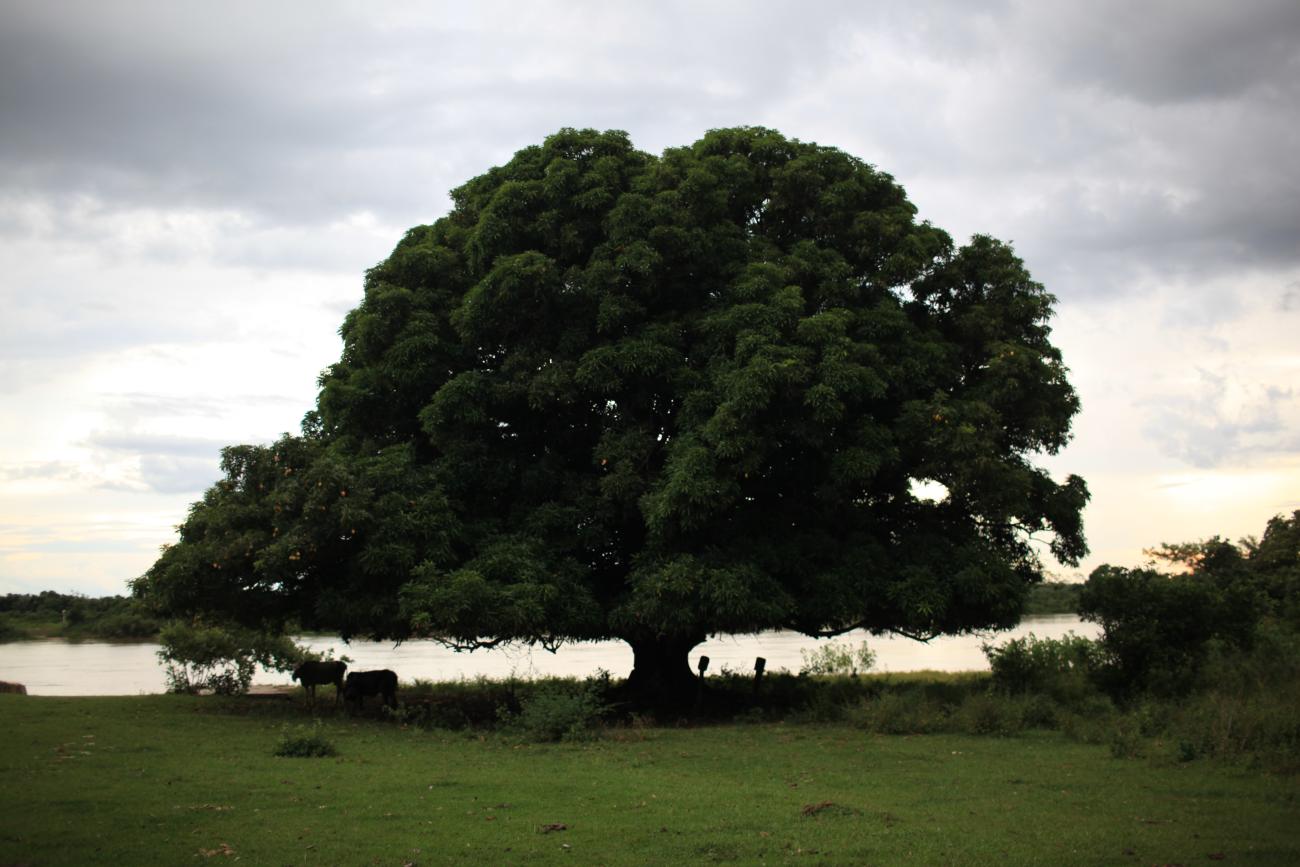Training Courses
The Global Health Program has a long history of implementing training programs covering issues that range from wildlife health and laboratory diagnostics to outbreak investigations.
World-renowned experts in the field of wildlife health and disease management implement five-day to two-week training courses directly at a host country site. Examples of previously implemented courses include Wildlife Management and Disease Control, Introduction to Field Necropsy, Clinical and Laboratory Diagnostics for Wildlife Medicine and Field Techniques in Wildlife Medicine.
In addition to featured training programs, GHP also offers customized training programs on key species, topics or techniques as identified by the host country.
